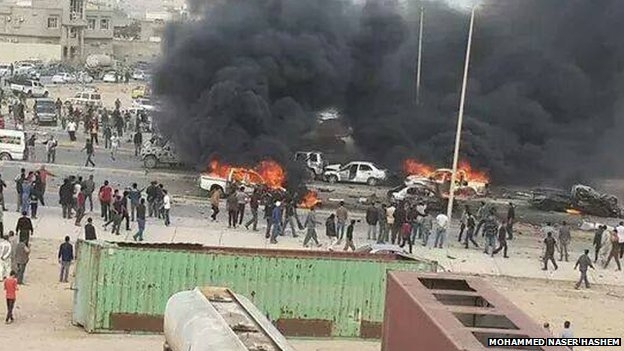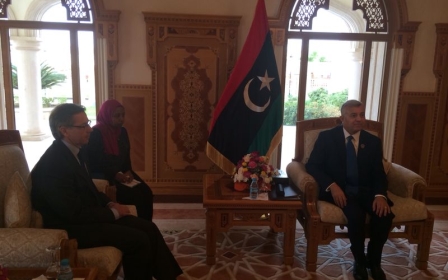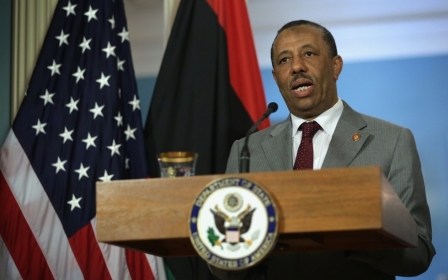Car bombs rock Libya's Tobruk and Labraq: at least seven dead, dozens injured

Car bombs detonated in the eastern Libyan towns of Tobruk and Labraq on Wednesday morning, killing at least seven and injuring dozens of others, according to local reports and eyewitnesses.
The first attack struck the usually peaceful Tobruk, home to the internationally recognised House of Representatives (HoR), which moved to the eastern town in August due it having been spared from major violence in the past.
Local daily Libya Herald reported two soldiers were killed in the blast, along with the bomber, and at least 21 others injured. The death toll is expected to rise as some of the wounded are in a critical condition.
The attack occurred when a man stopped his car, laden with explosives, at a set of traffic lights on a busy intersection close to the town's petroleum institute.
Nearby traffic police quickly became suspicious of the car and were about to attempt to intervene when it exploded at 11.10am (0910 GMT), a witness told MEE, who said there was no obvious target for the bomb.
Salah Hashim al-Obedi, a member of parliament from Tobruk and a law professor, said he did not believe Wednesday’s bombing in Tobruk was linked to tensions over the HoR.
“It was far away from the parliament, at least 3km away,” he told MEE.
The parliament, based in the Dar el Salam hotel, had not been evacuated at the time of writing.
The HoR has been a source of intense disagreement since being elected on 25 June.
The Tripoli-based Supreme Court ruled on 6 November that the HoR and the government it appointed as “unconstitutional”. The Tobruk-based body has rejected the ruling as having been made “under the threat of arms”, pointing to the court being based in the capital, which was seized control of in August by the Misrata-led alliance of Libya Dawn.
Wednesday’s second car bomb attack hit a military base in Labraq – some 240 kilometres west of Tobruk – killing at least four military personnel and wounding 12 others.
Labraq also has symbolic importance, as it is the town where the new constitution is being drafted.
While no one has claimed responsibility for the attacks, army spokesperson Mohammed Hegazi told the Associated Press he viewed the bombings as a “we are here” message from militants based in the eastern city of Derna – some 175 kilometres west of Tobruk.
Local reports in Tobruk said angry crowds had gathered after the bombing and chanted “retaliation against terrorist groups in Derna”.
In the early 1990s, Derna was subjected to a brutal campaign by former leader Muammar Gaddafi, against a number of militant groups. Those groups have re-emerged since the 2011 uprising and some have recently declared their loyalty to the Islamic State (IS) group operating in Syria and Iraq.
After the bombings in Tobruk and Labraq on Wednesday, air strikes were carried out in Derna, targeting a camp of Abu Salim Martyrs militants. Early reports said three were killed in the raids – two Tunisians and one Libyan – with five others injured.
It was not immediately clear if the air raids in Derna were made in response to Wednesday's bombings.
Middle East Eye propose une couverture et une analyse indépendantes et incomparables du Moyen-Orient, de l’Afrique du Nord et d’autres régions du monde. Pour en savoir plus sur la reprise de ce contenu et les frais qui s’appliquent, veuillez remplir ce formulaire [en anglais]. Pour en savoir plus sur MEE, cliquez ici [en anglais].




